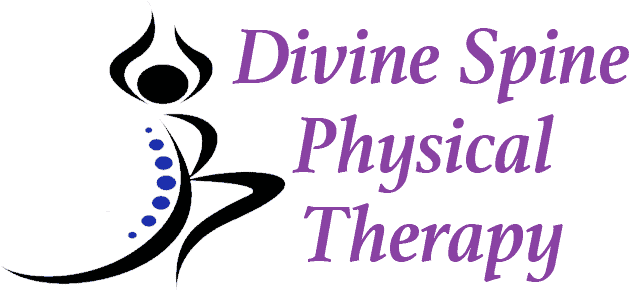TMJ Pain Relief
The temporomandibular joint connects the jaw to the skull. If there is an injury to this joint or it becomes damaged, it can cause TMJ syndrome. TMJ can also be caused by a misalignment of the teeth, gum chewing, arthritis, teeth grinding or jaw injury. Symptoms of this TMJ disorder include pain in the jaw, jaw popping, headaches, sore jaw muscles, locking of the jaw, pain in the temple and earache. It’s important to realize that the temporomandibular joint is a complex and important structure comprised of bones, tendons and muscles, and you may have pain on one or both sides of the jaw.
